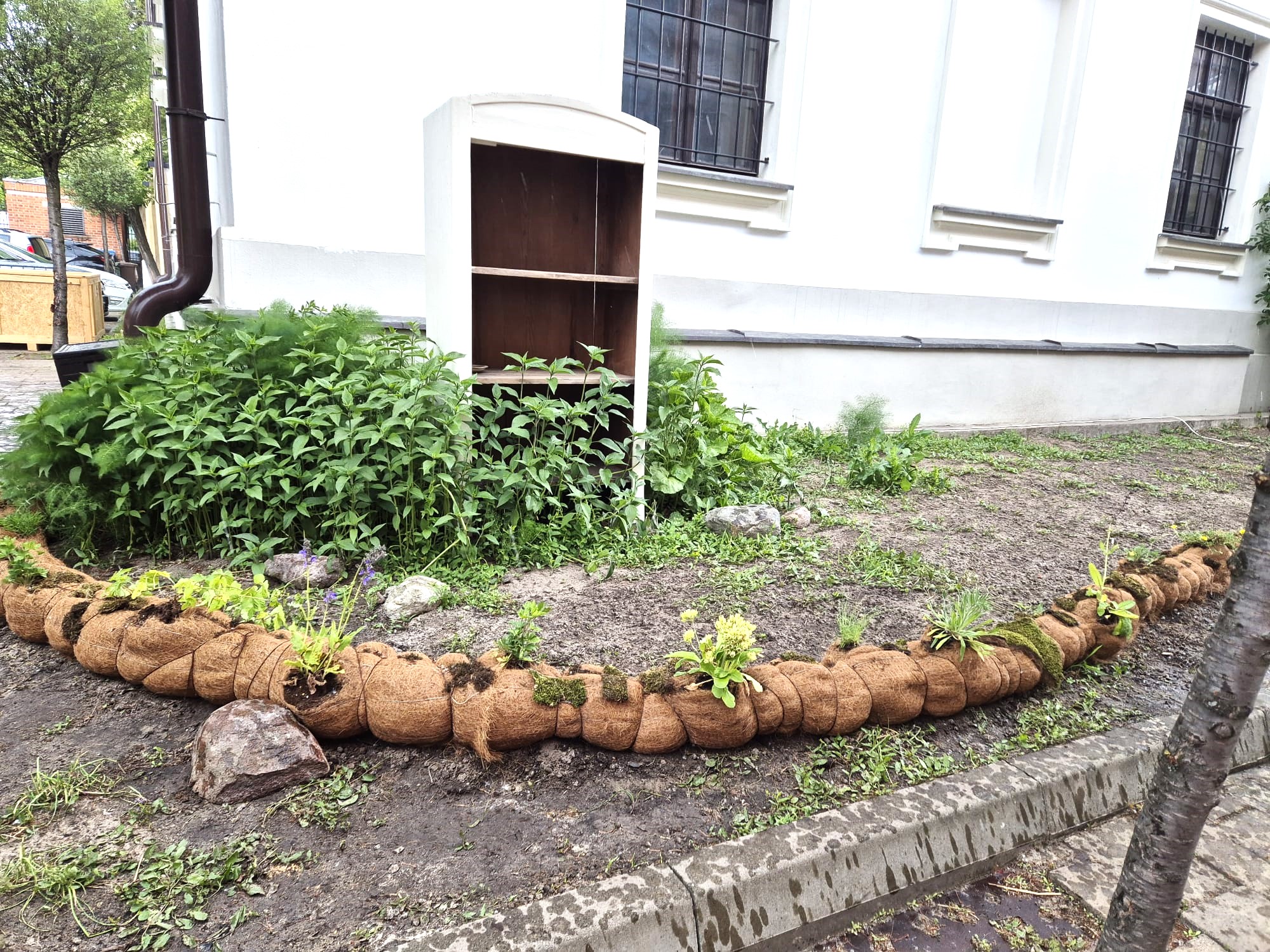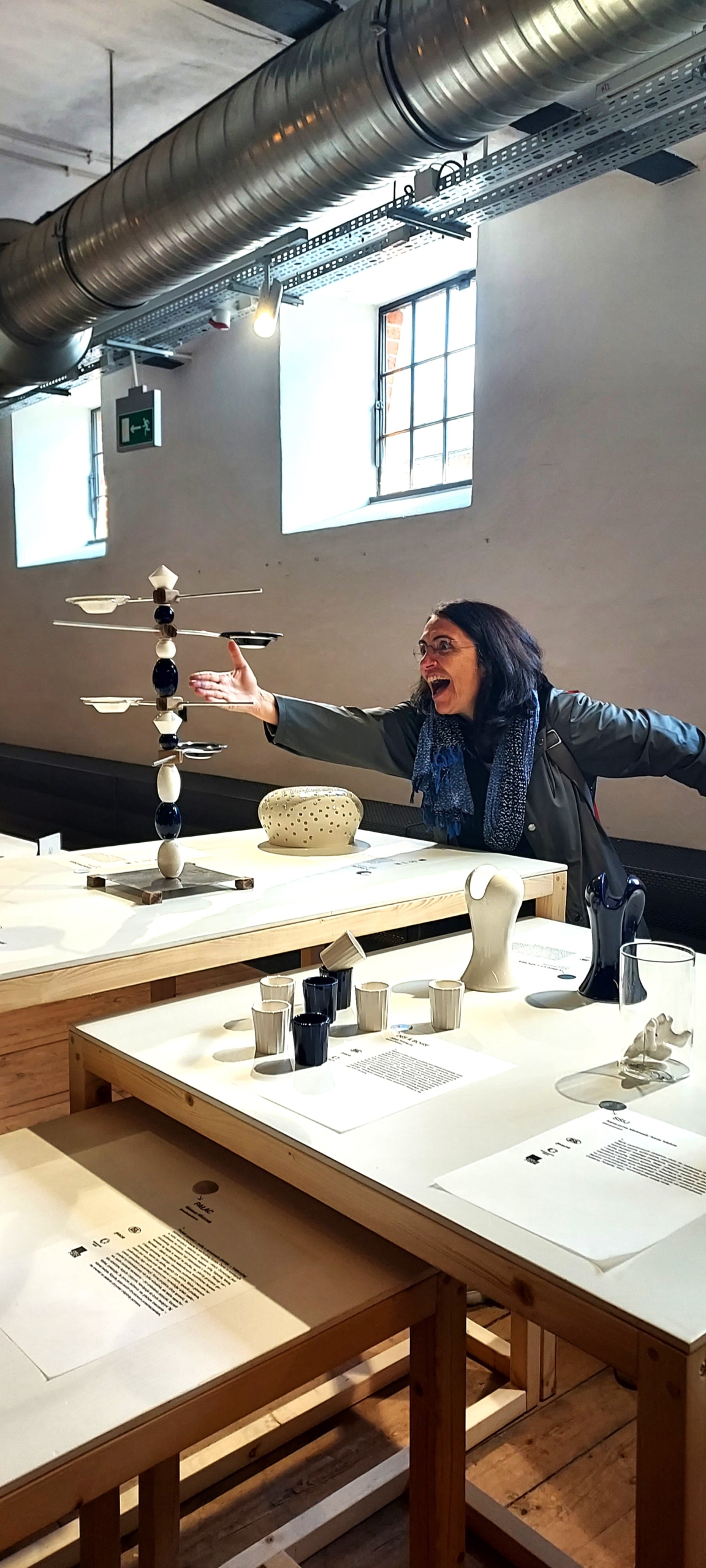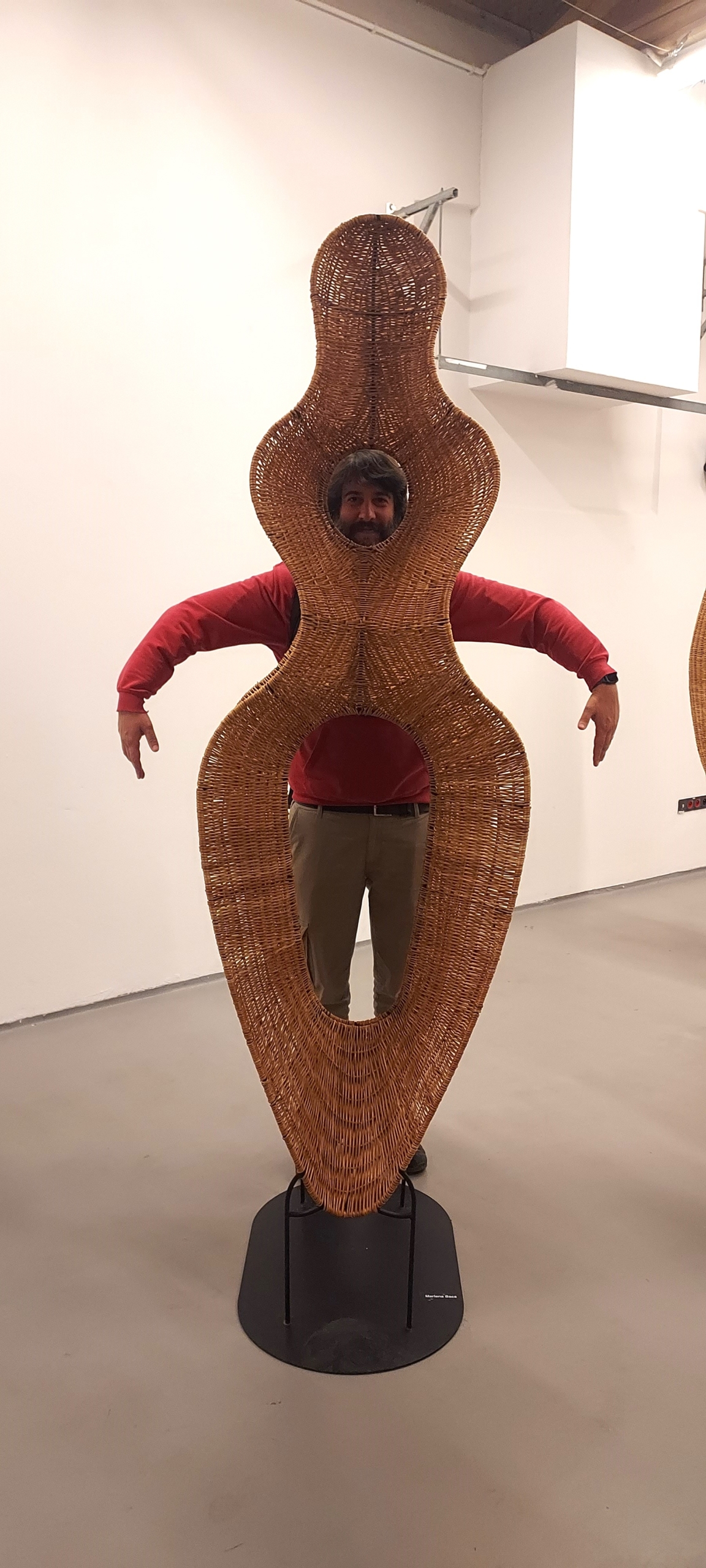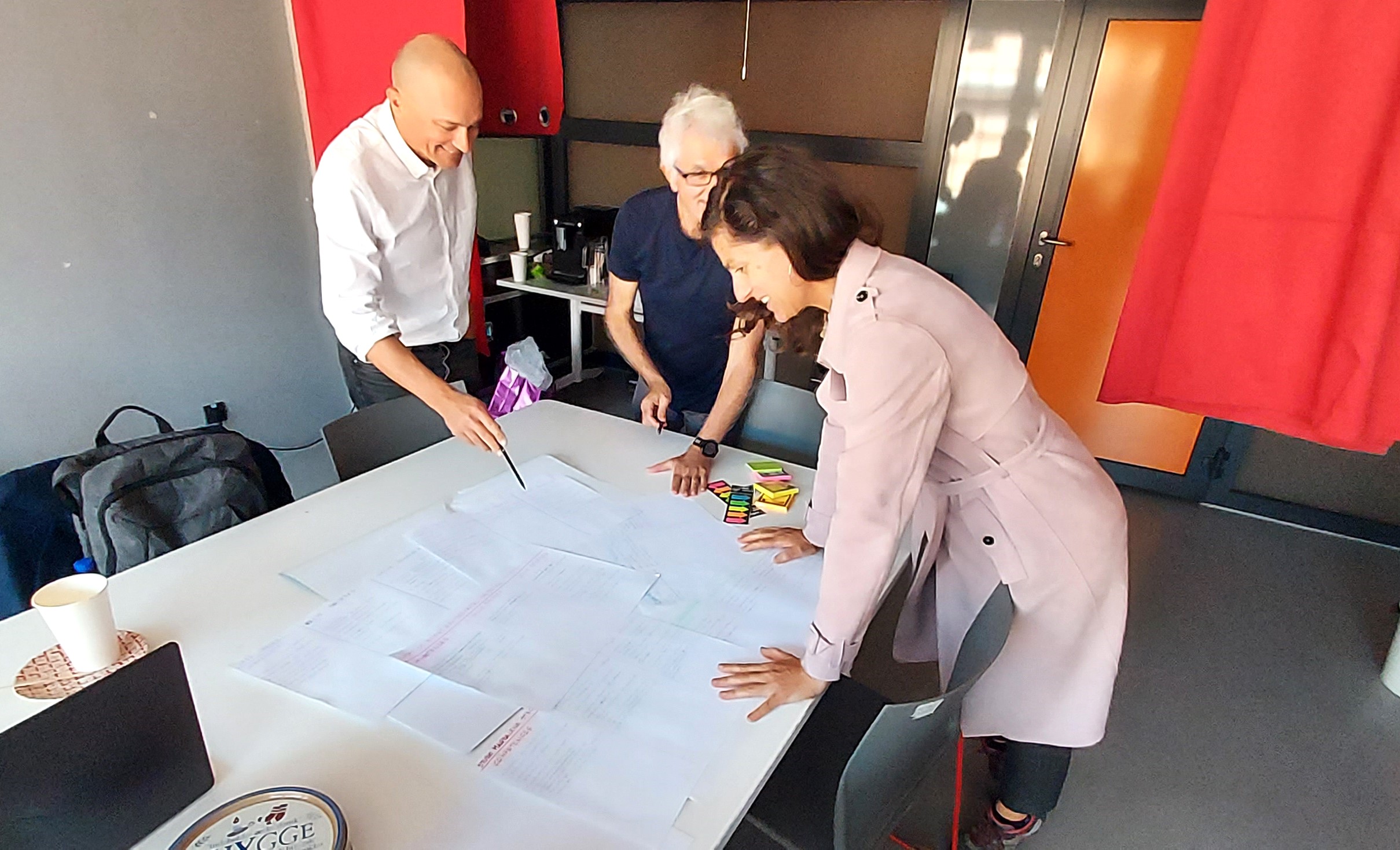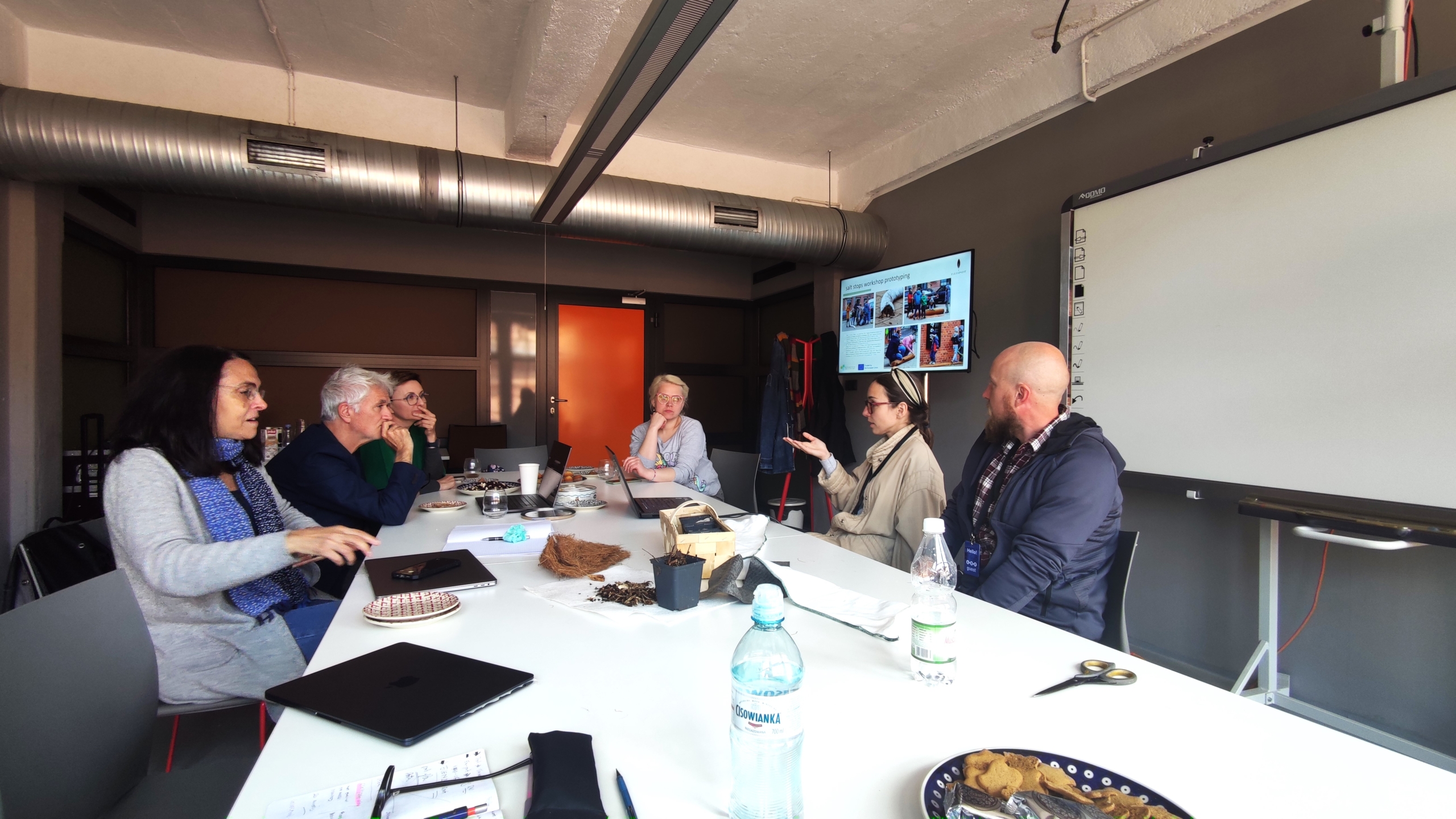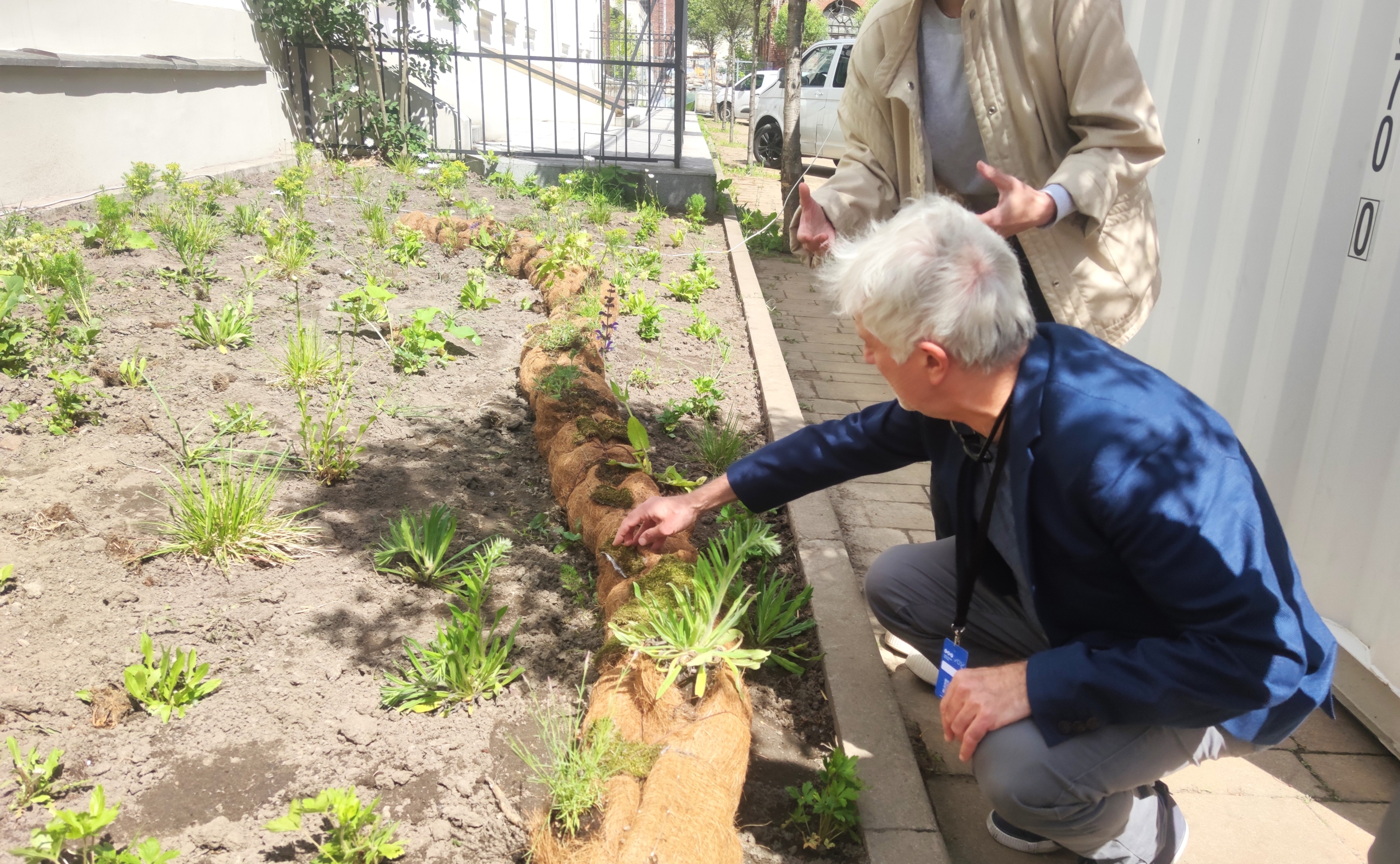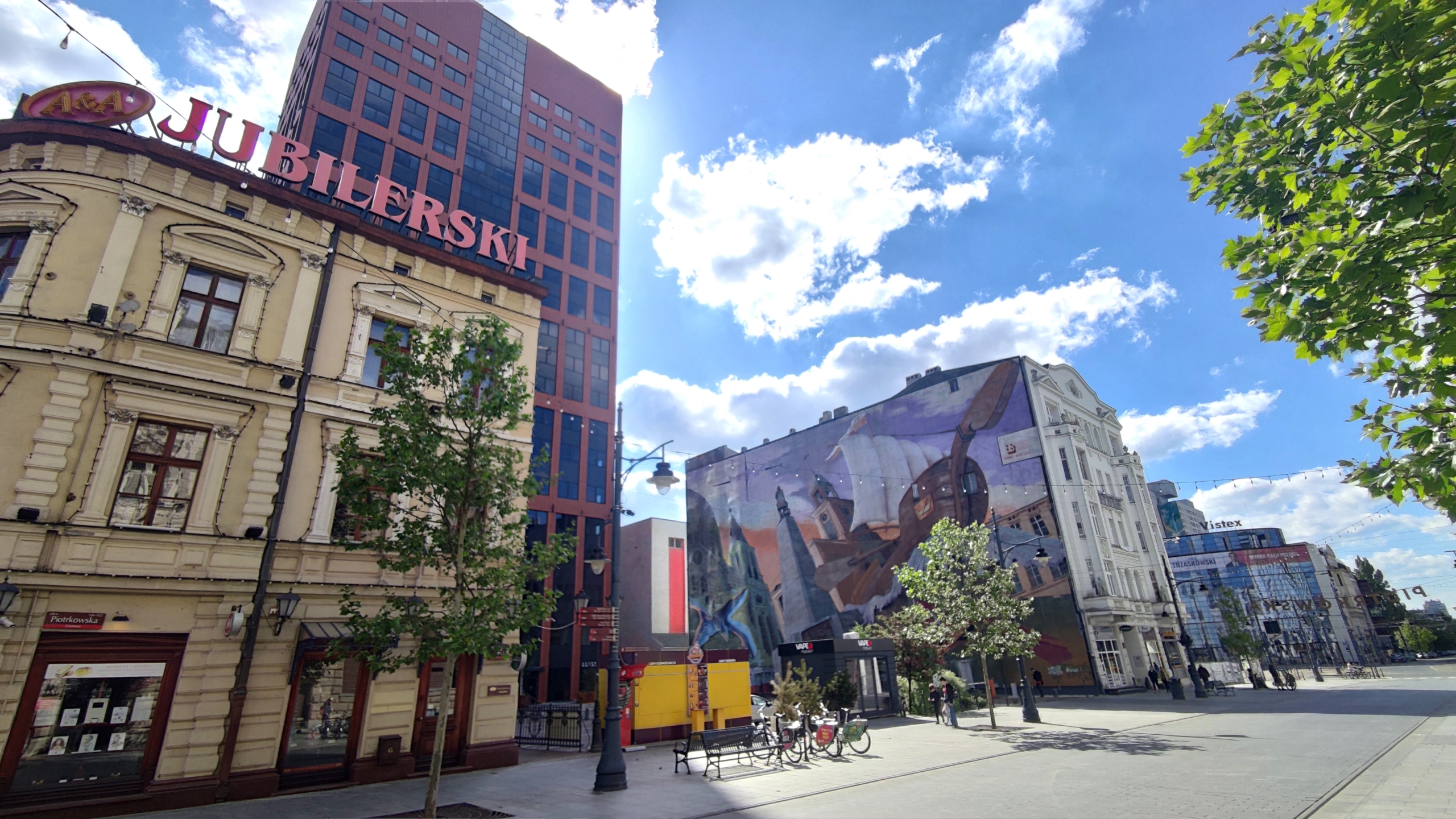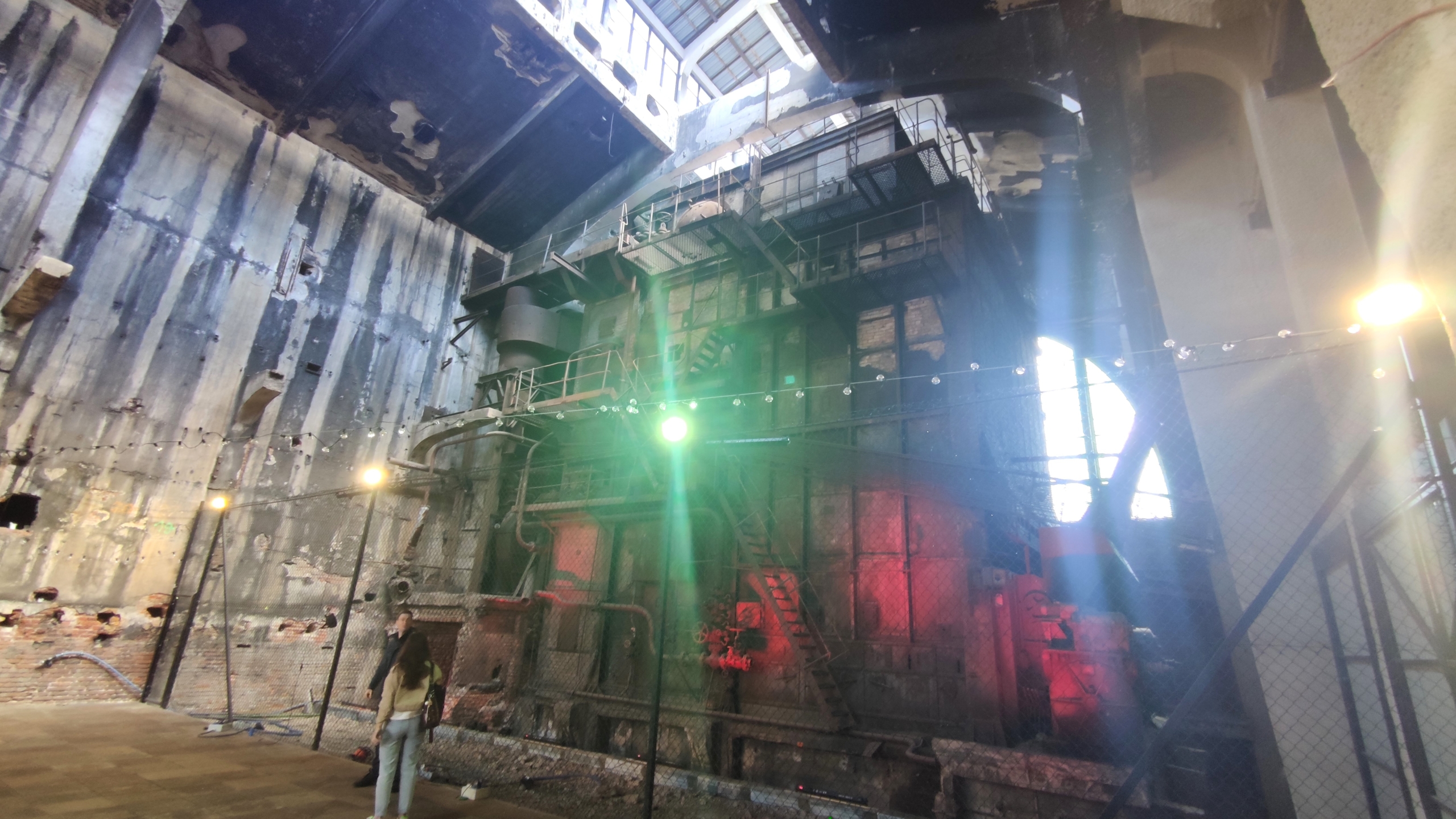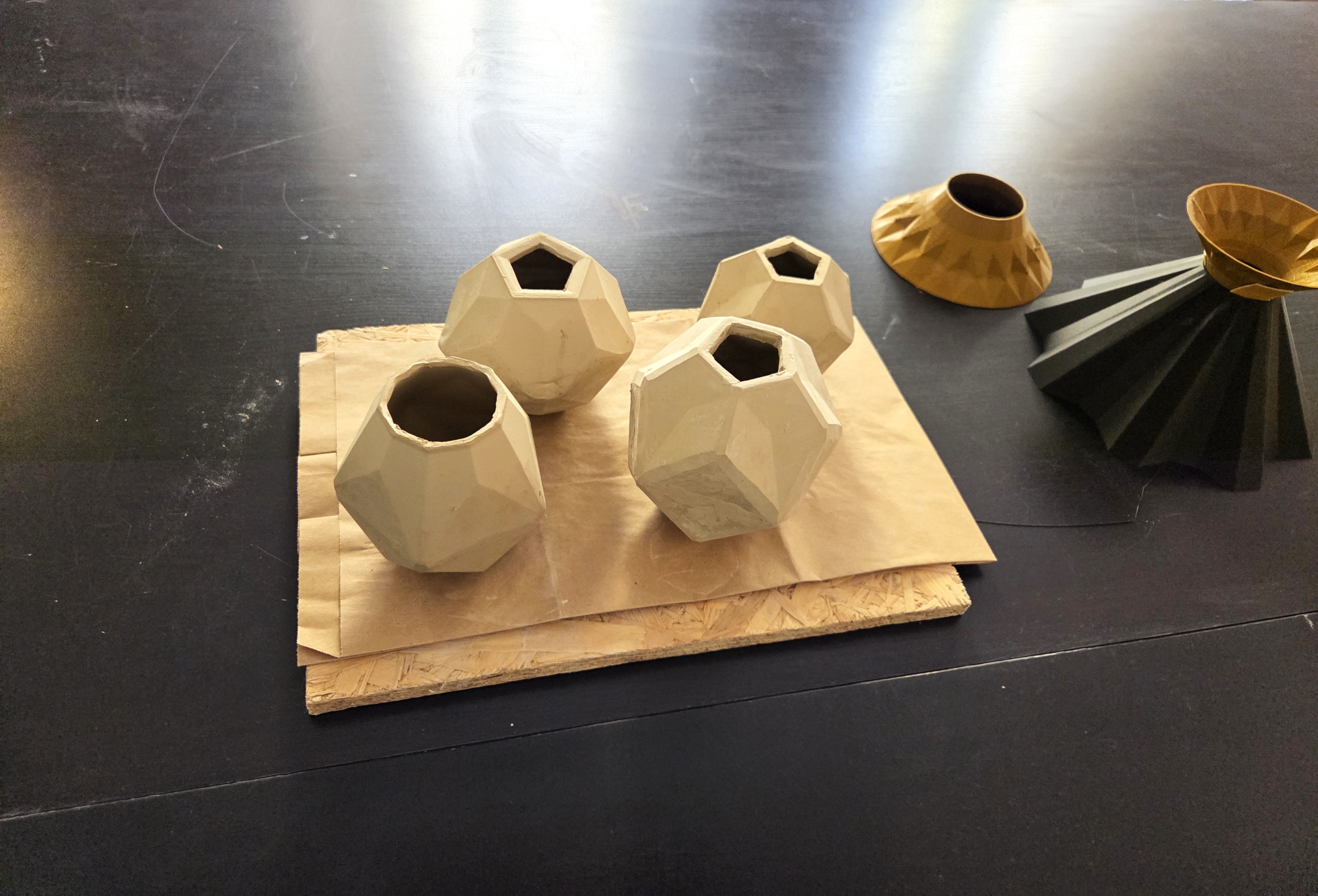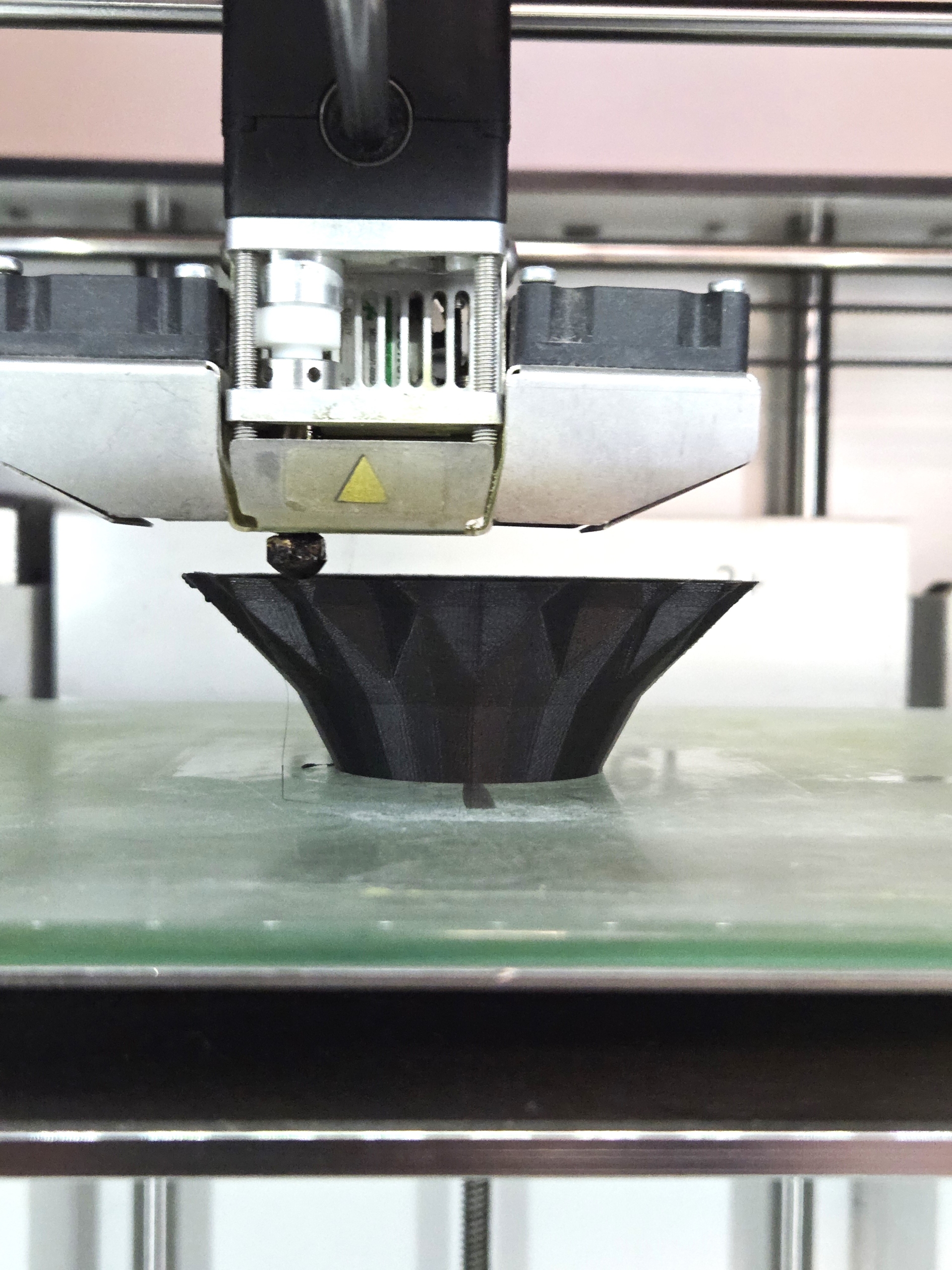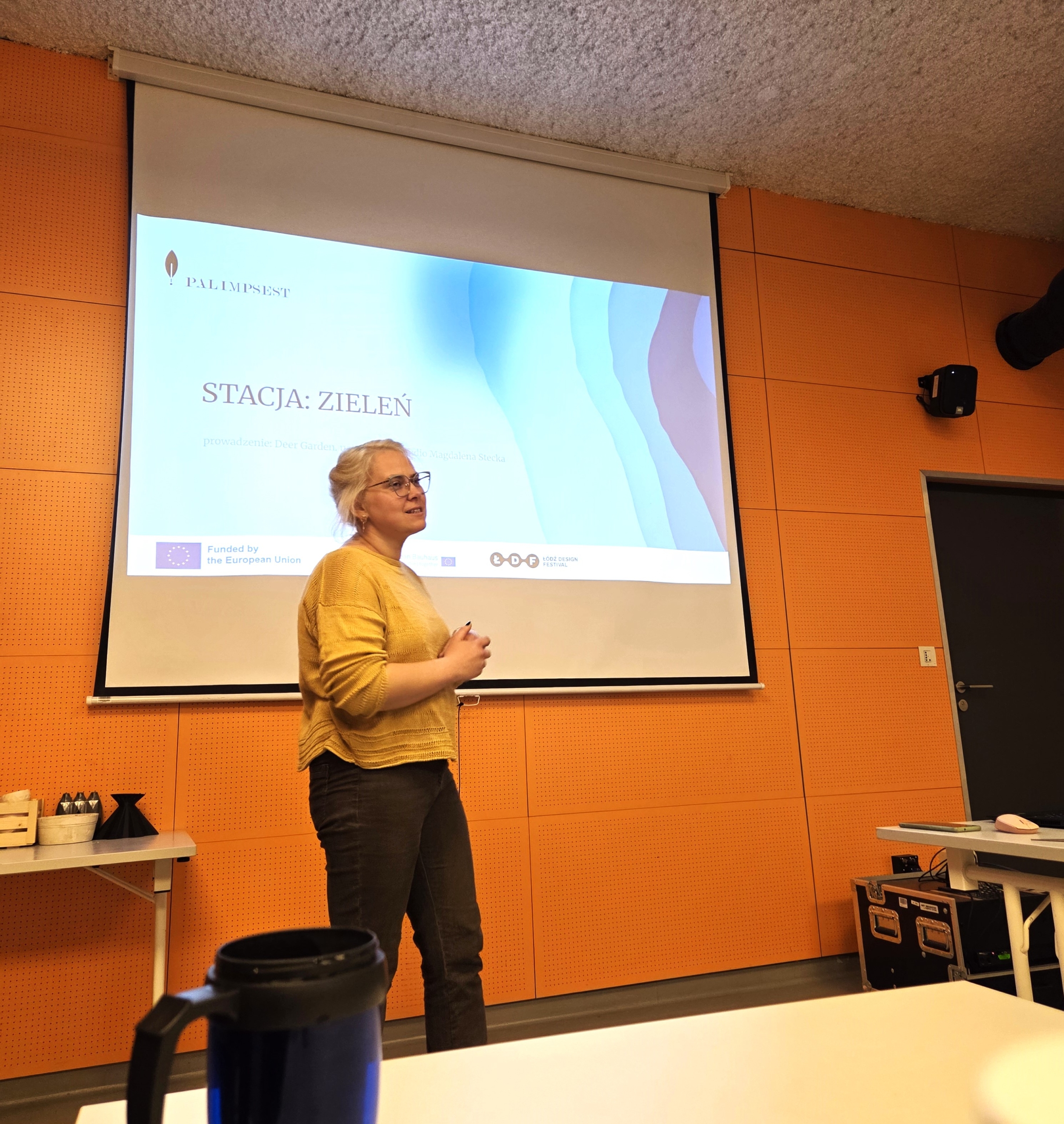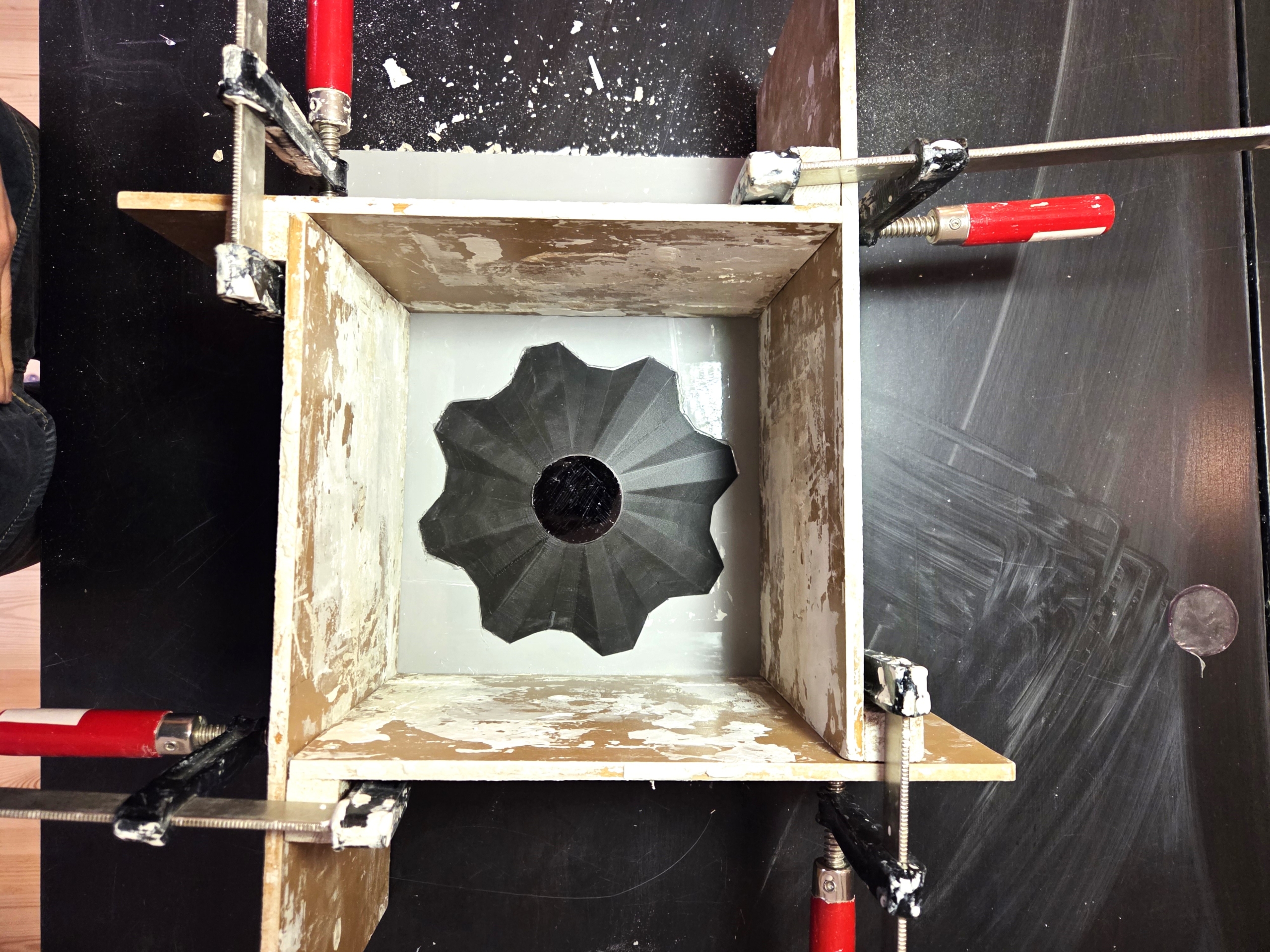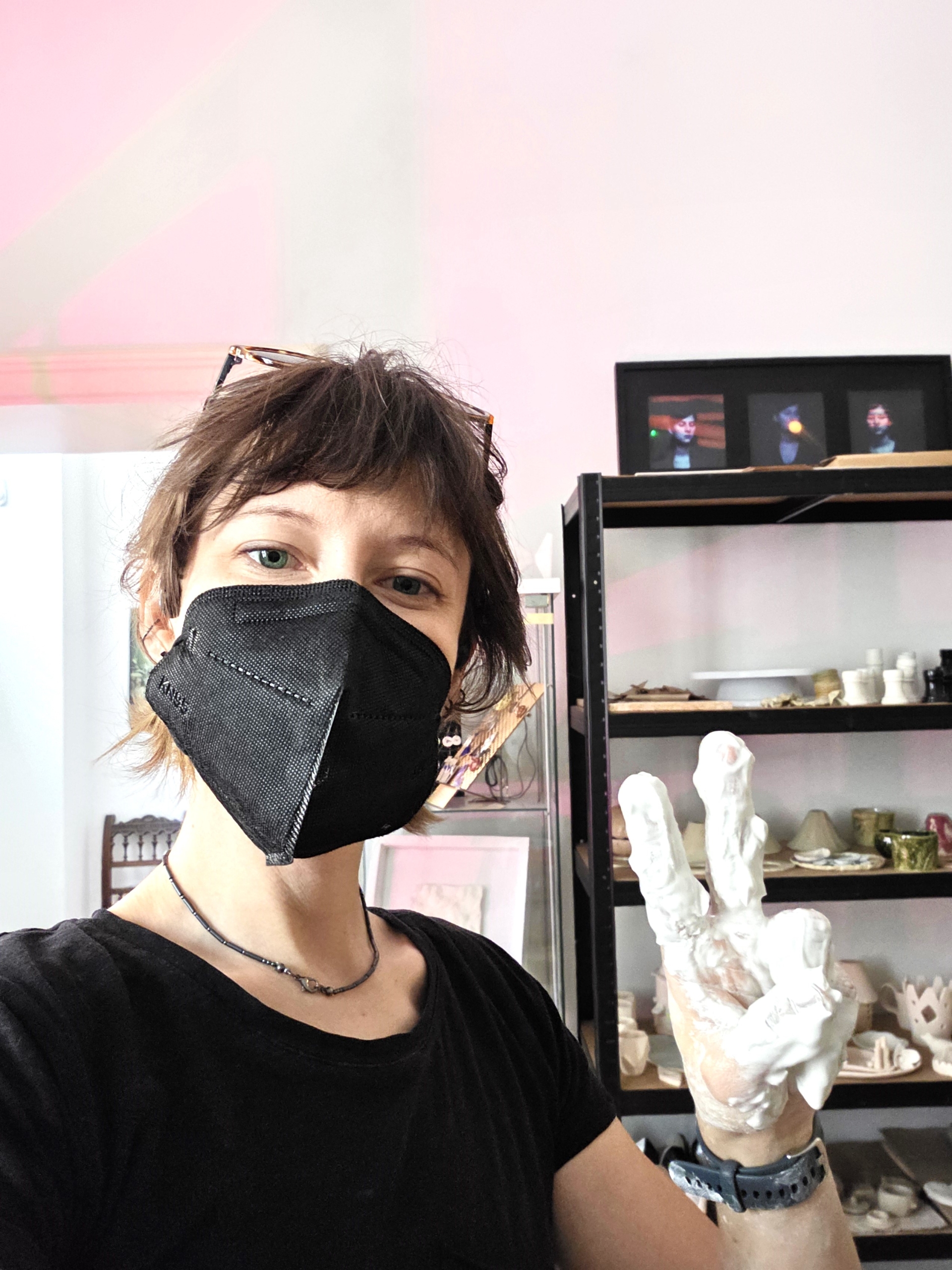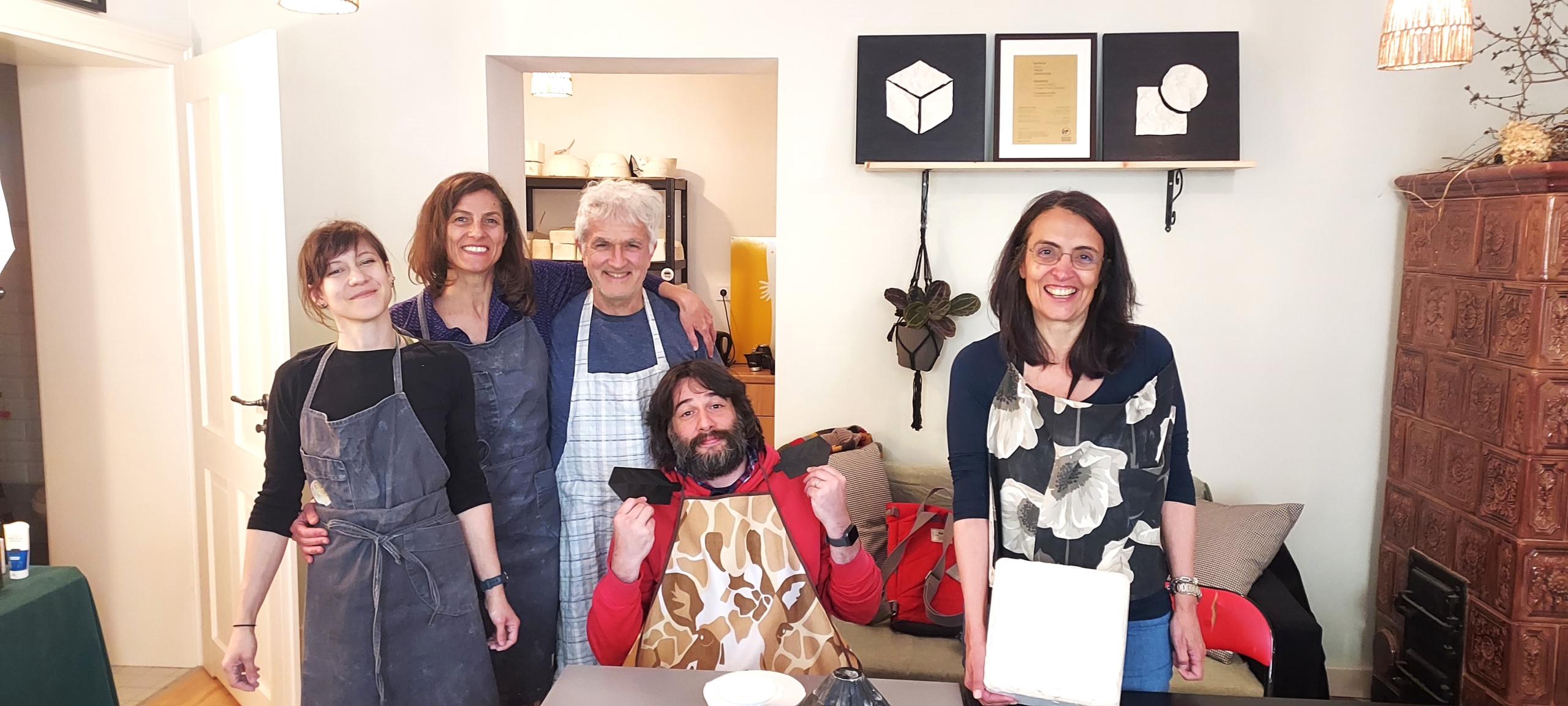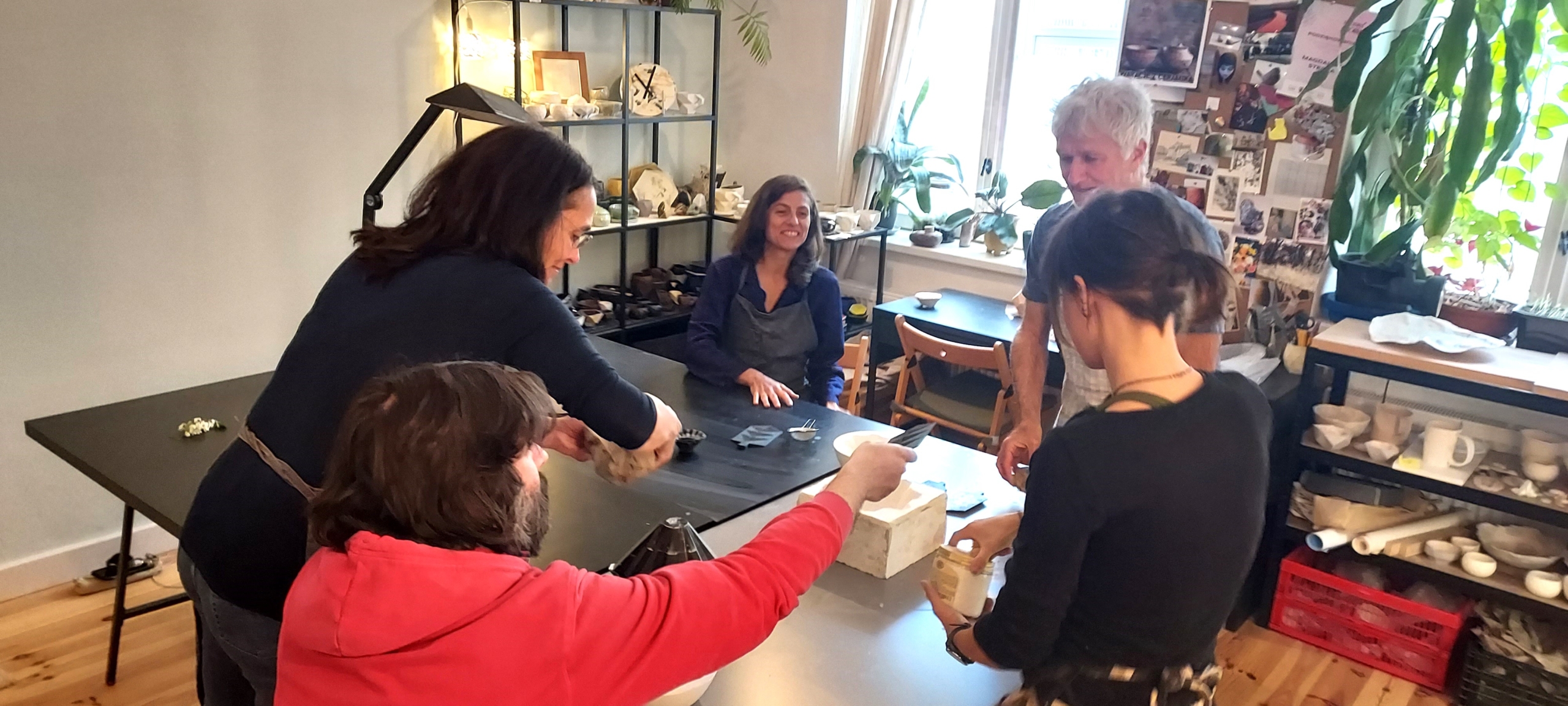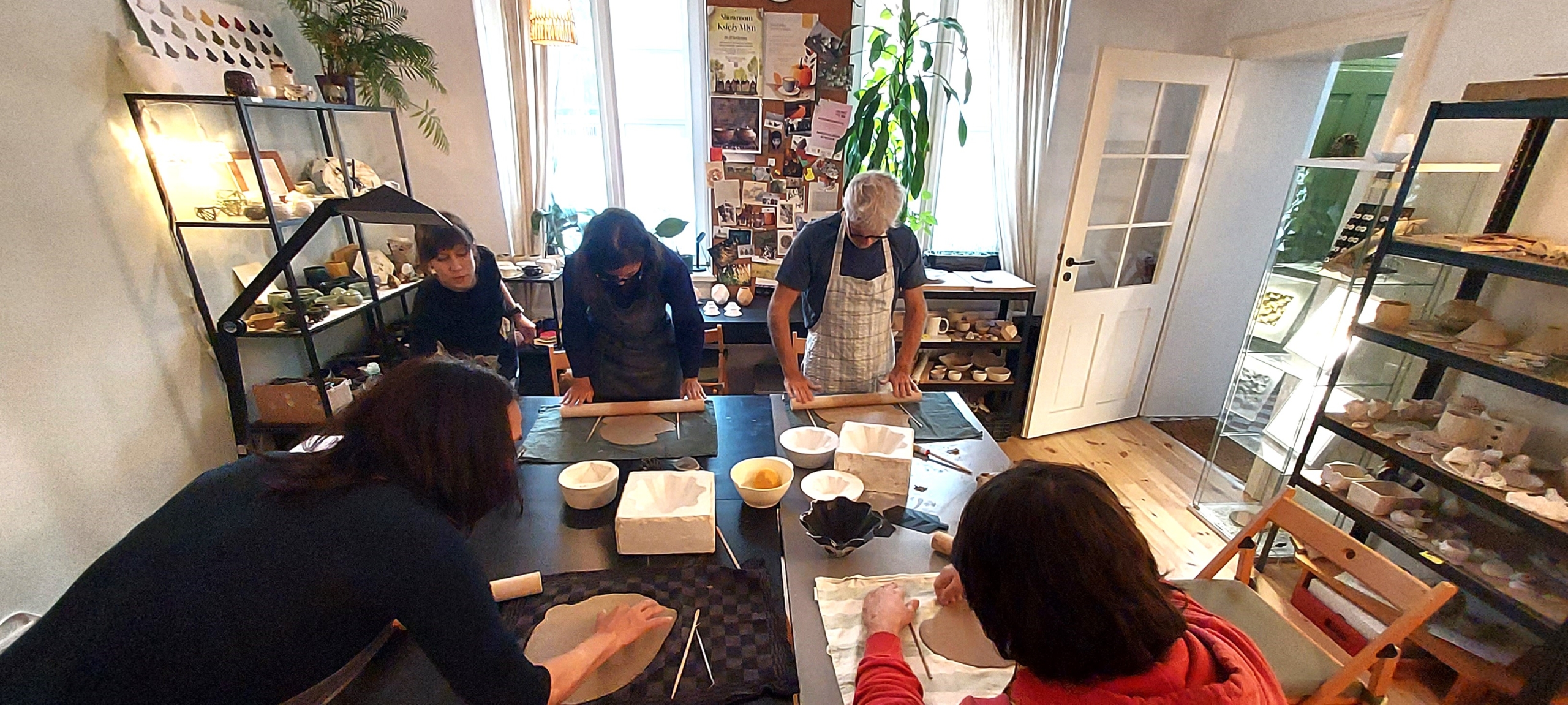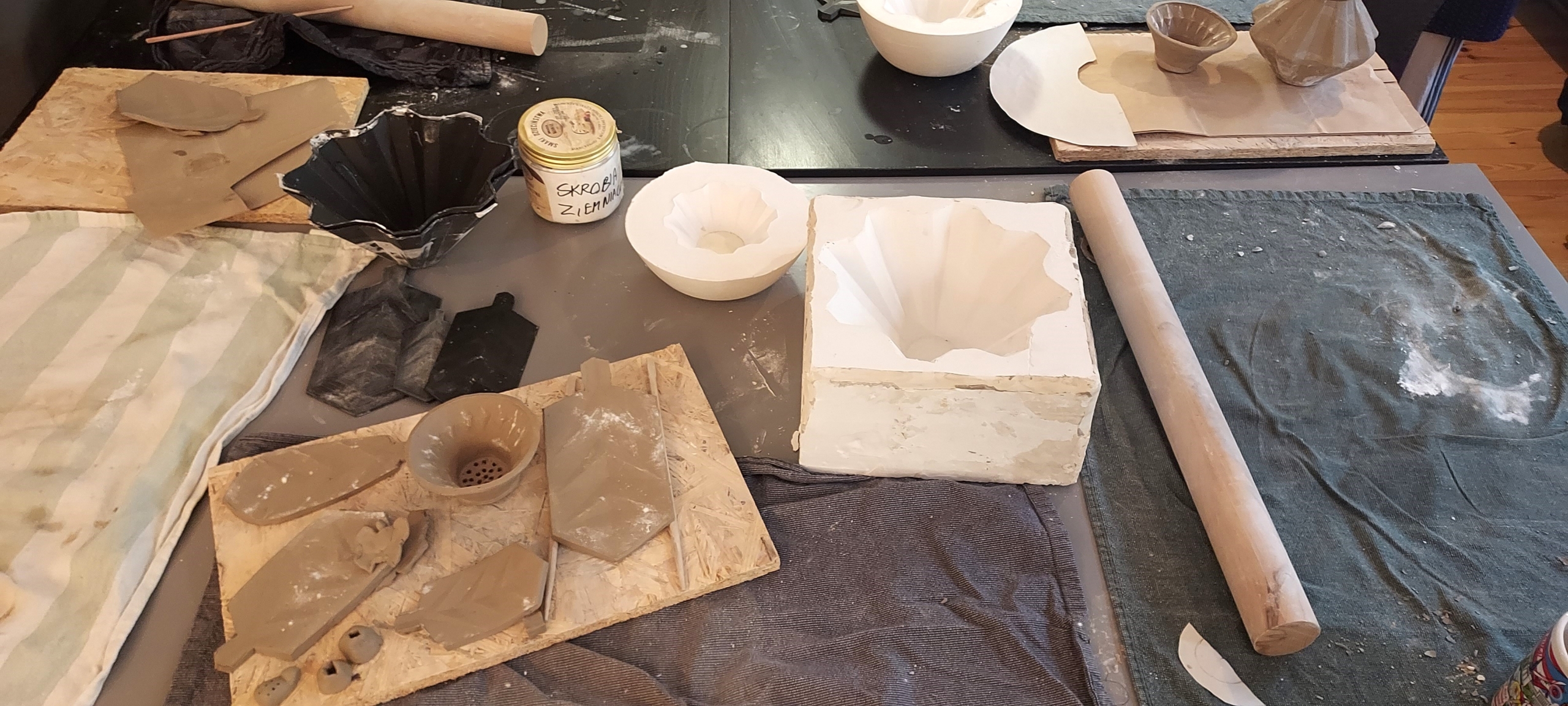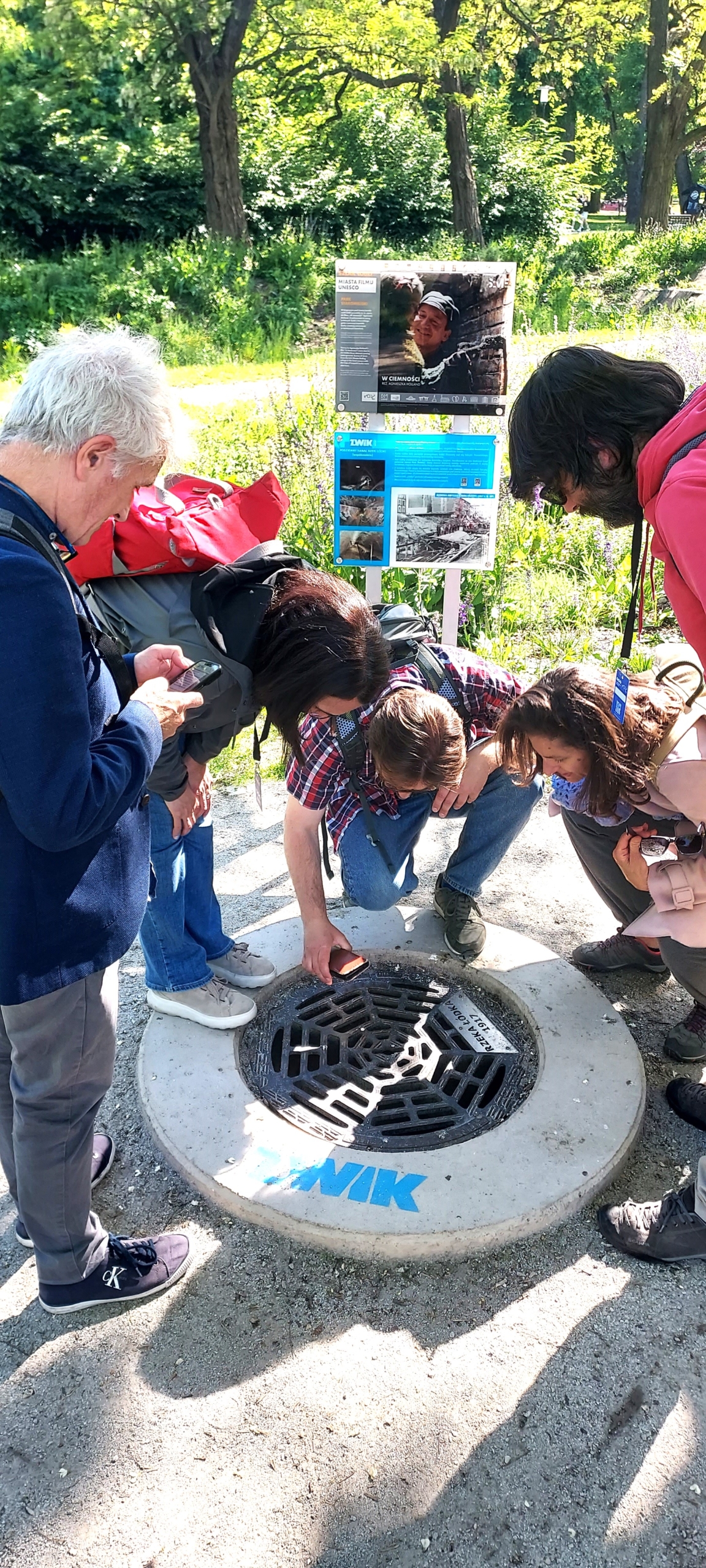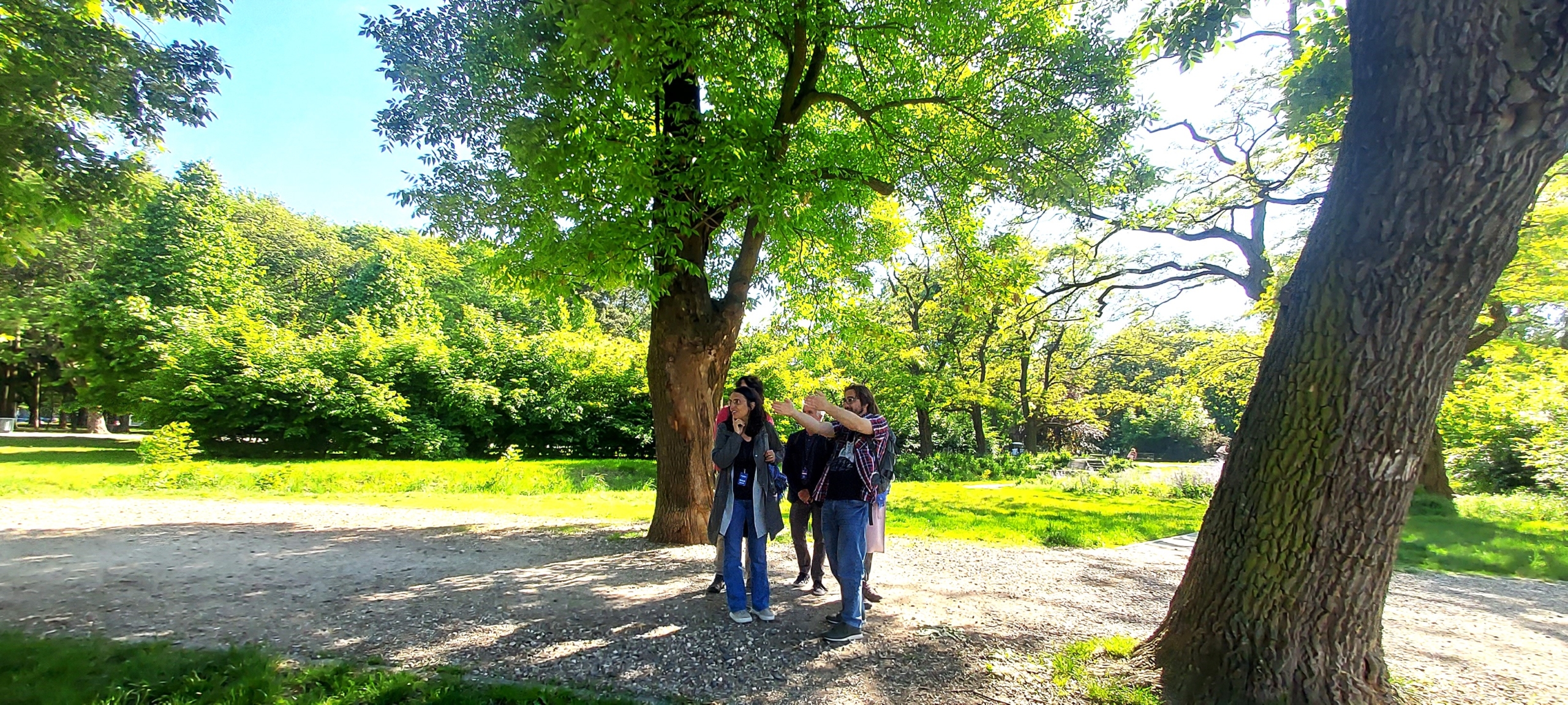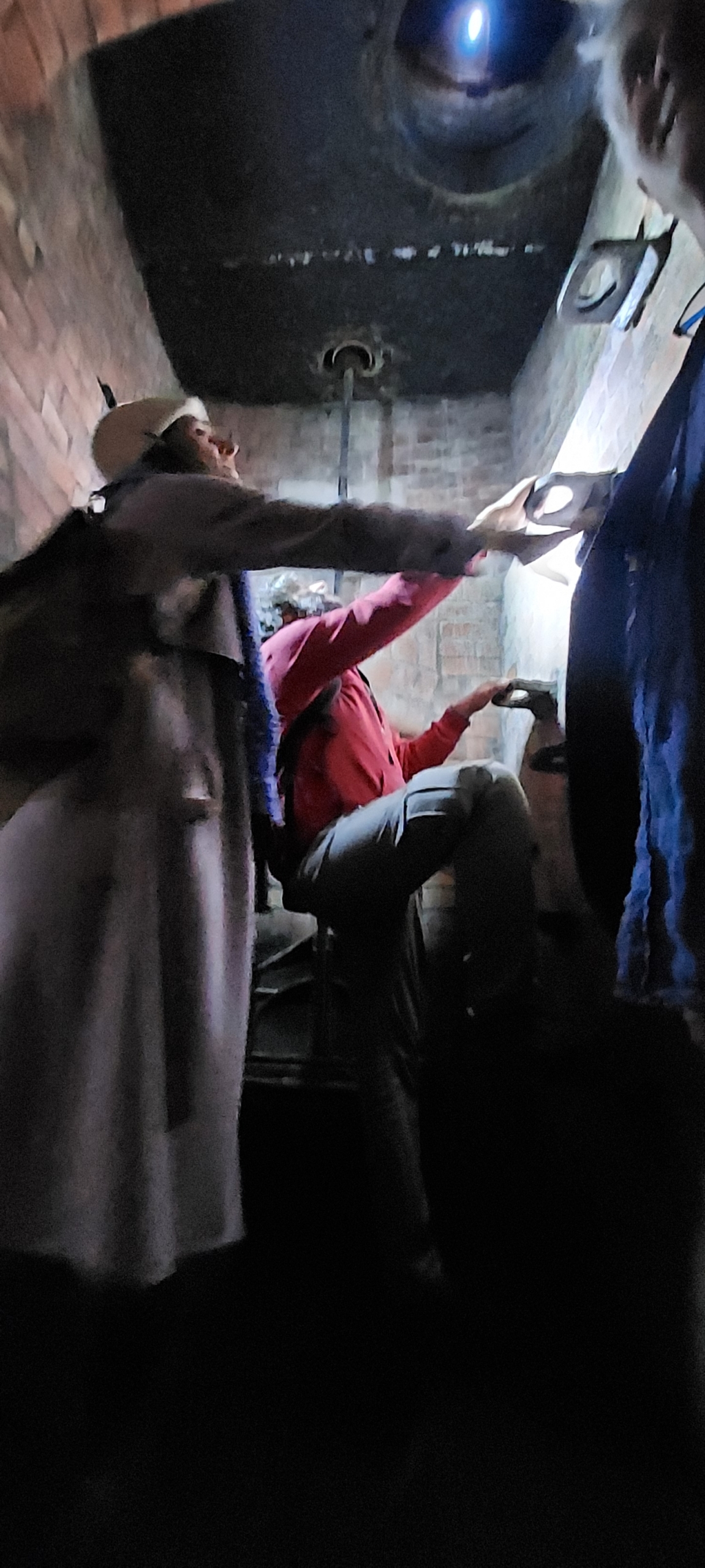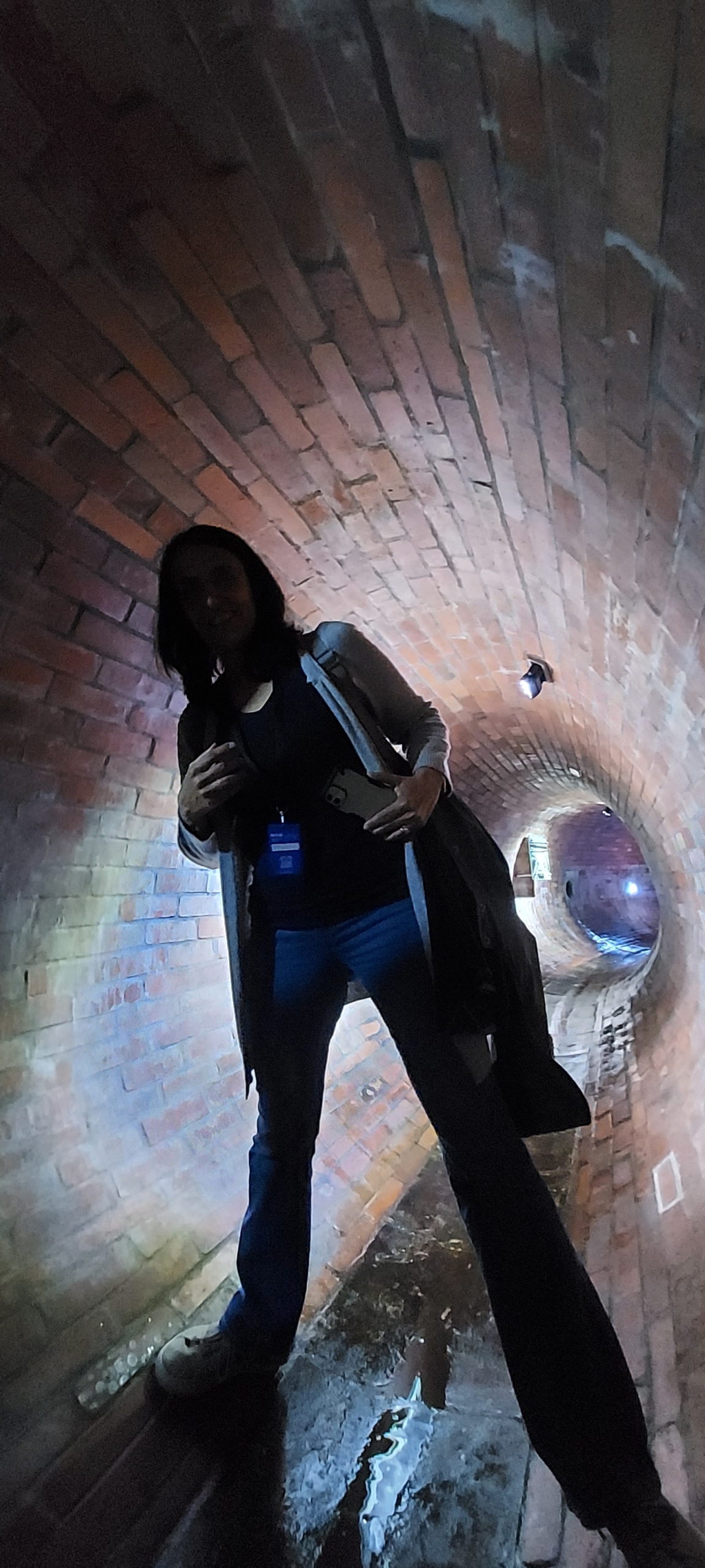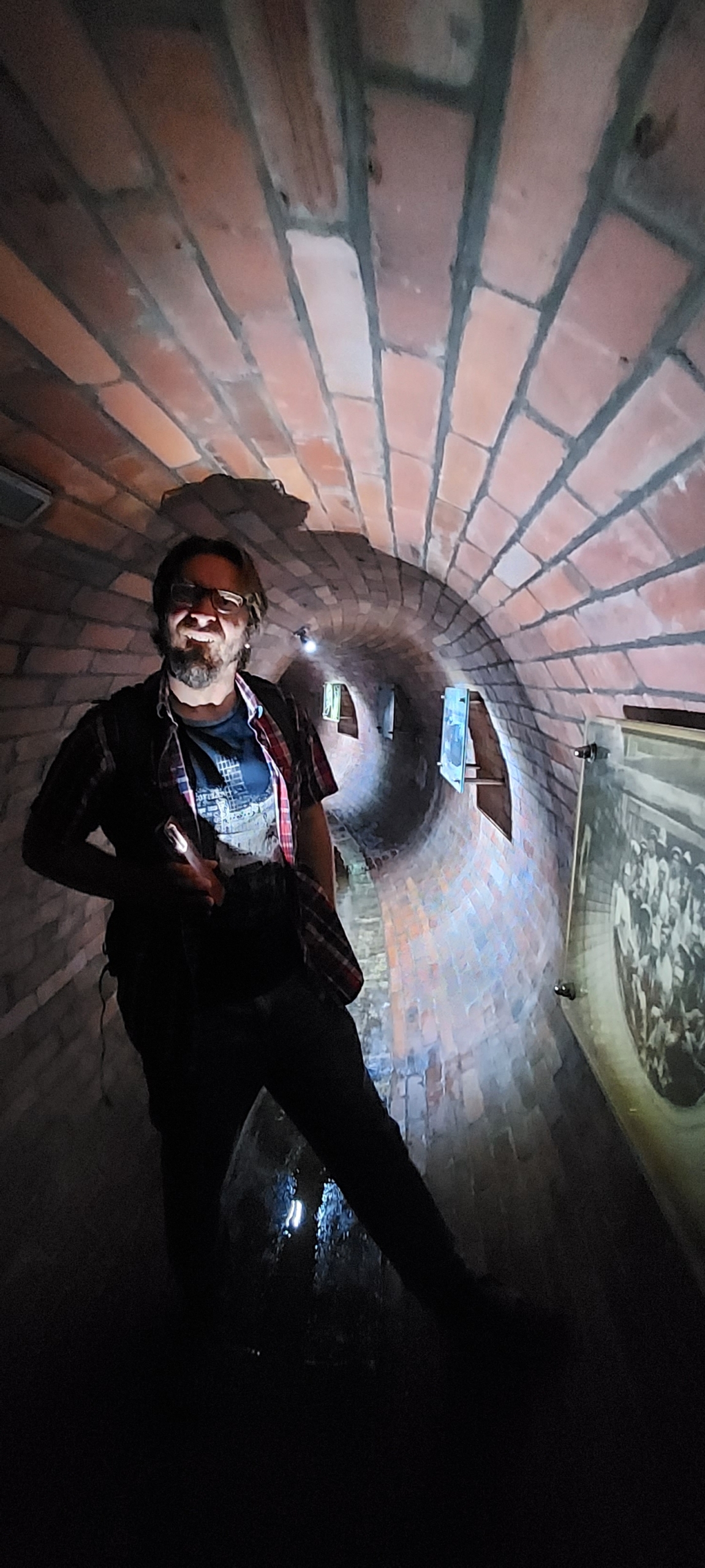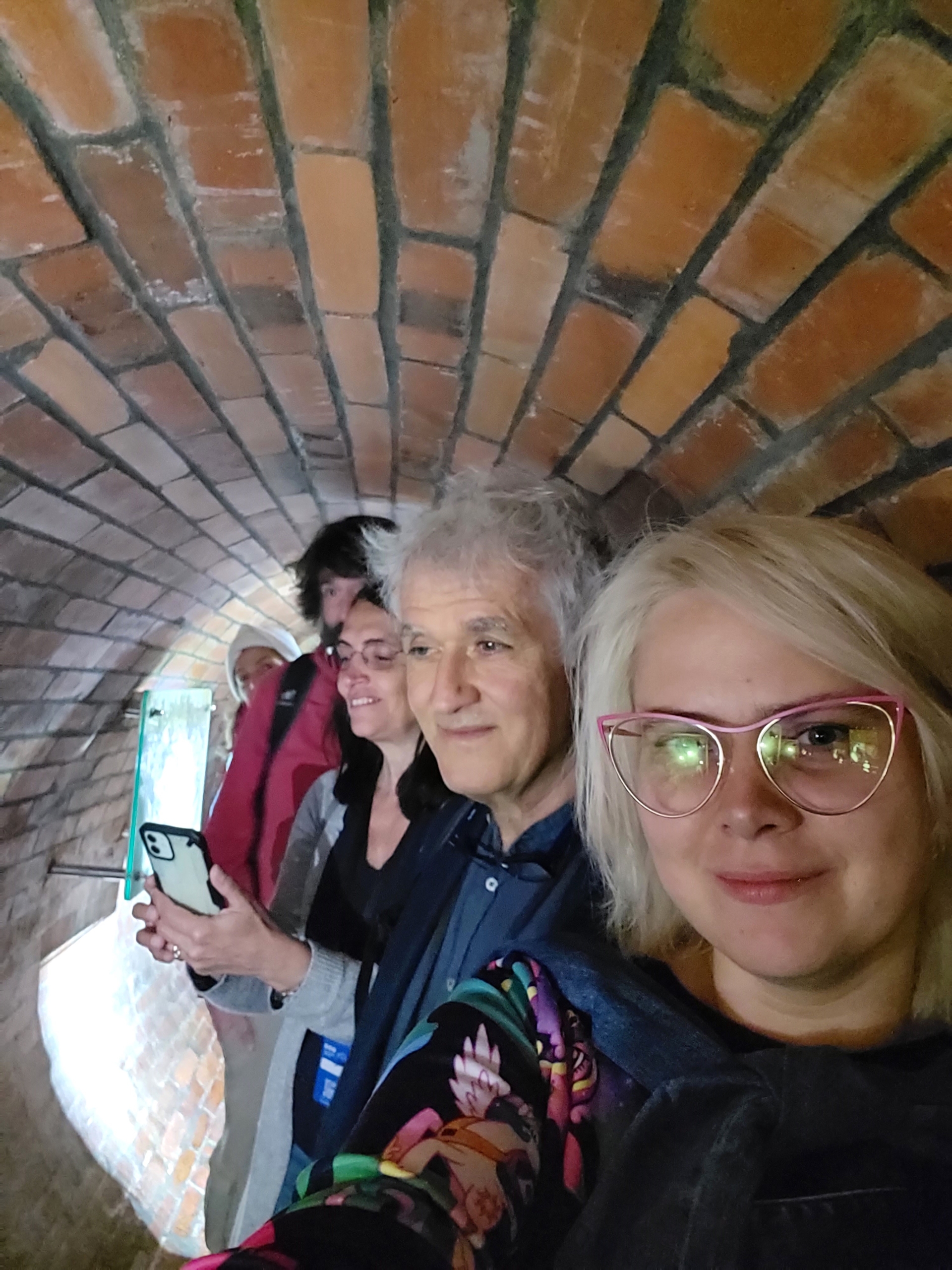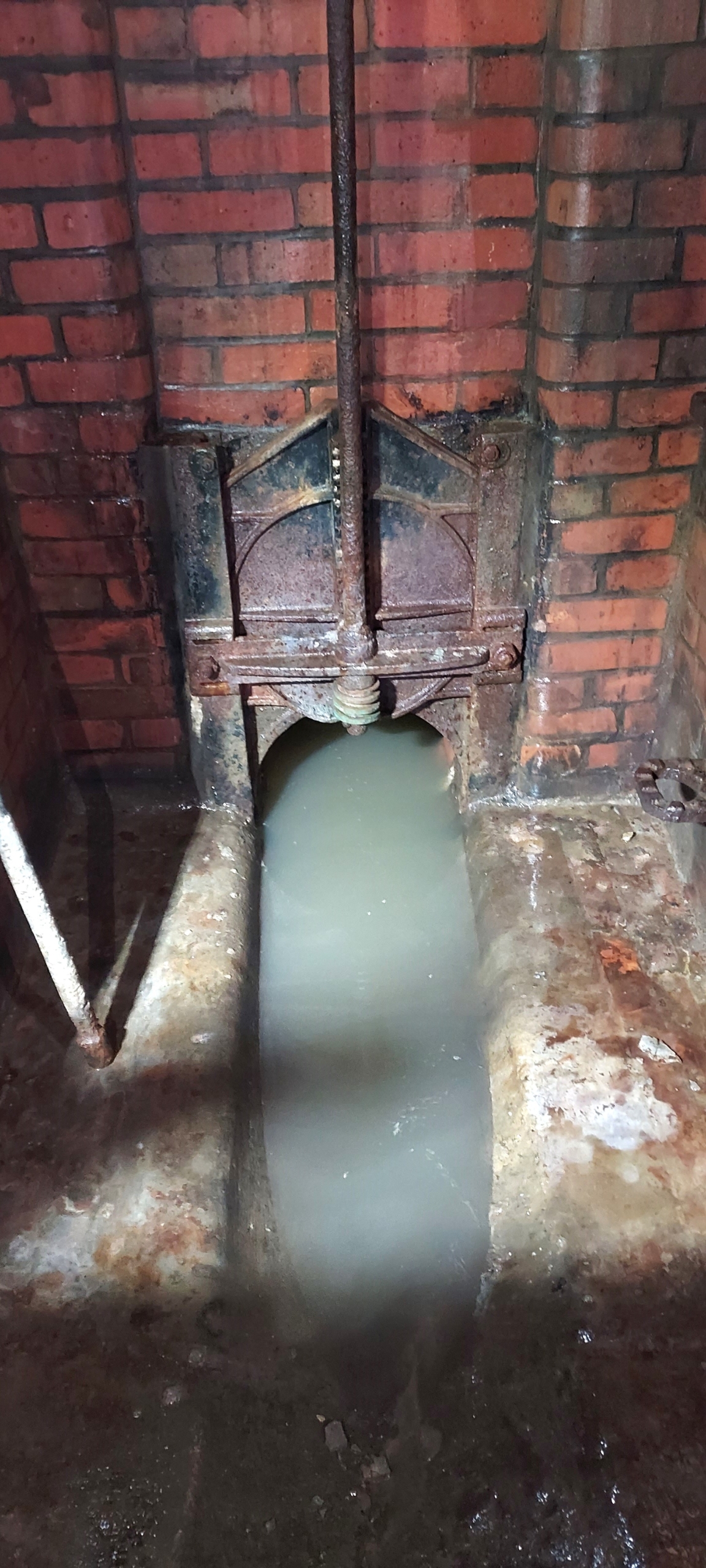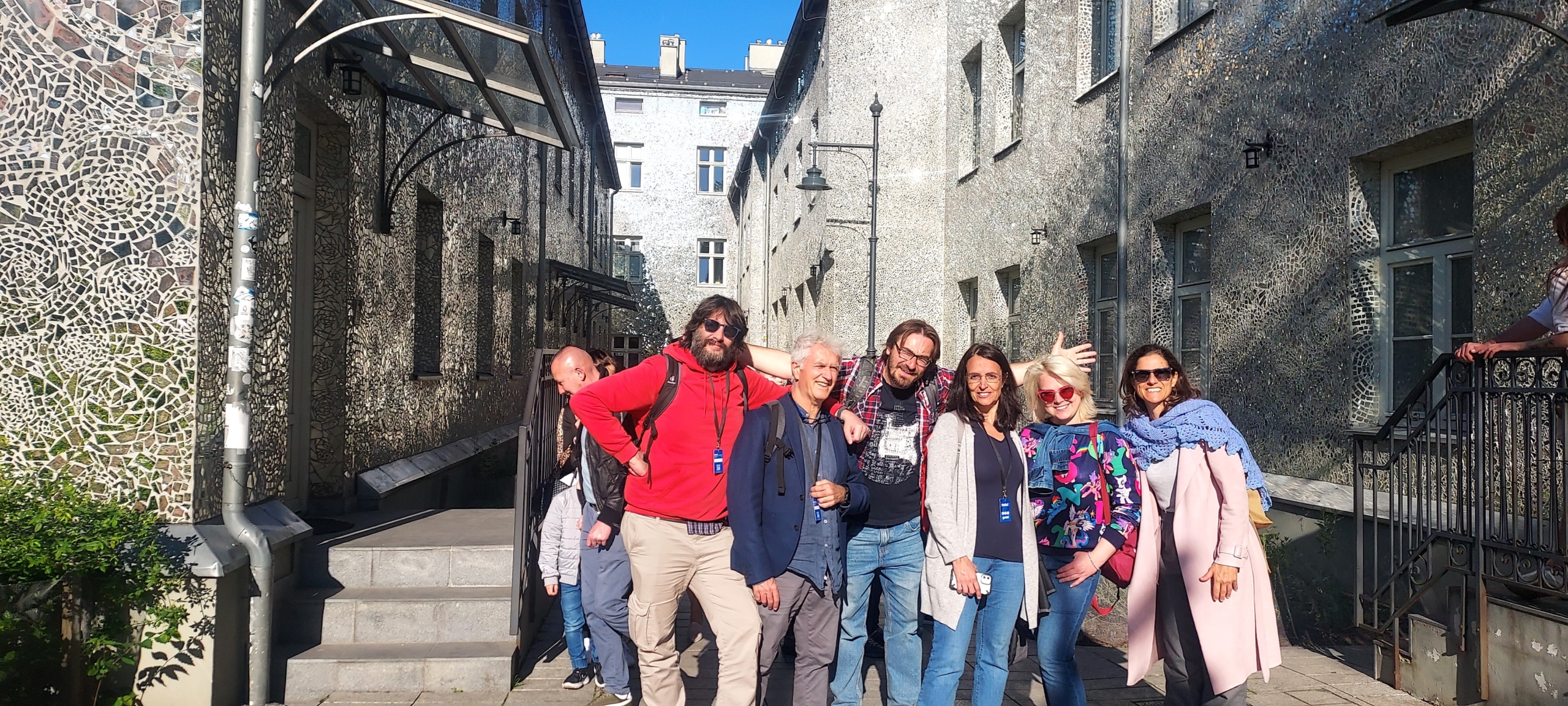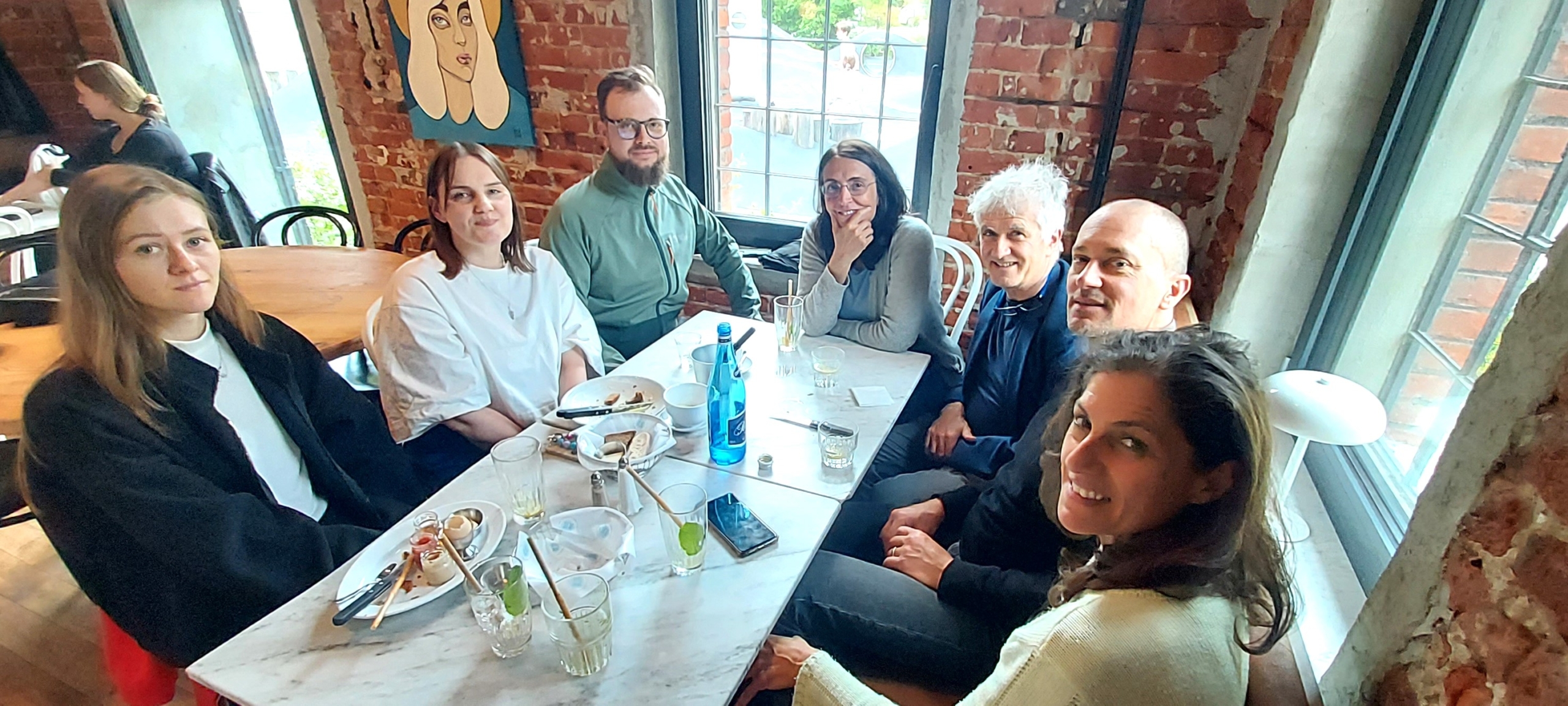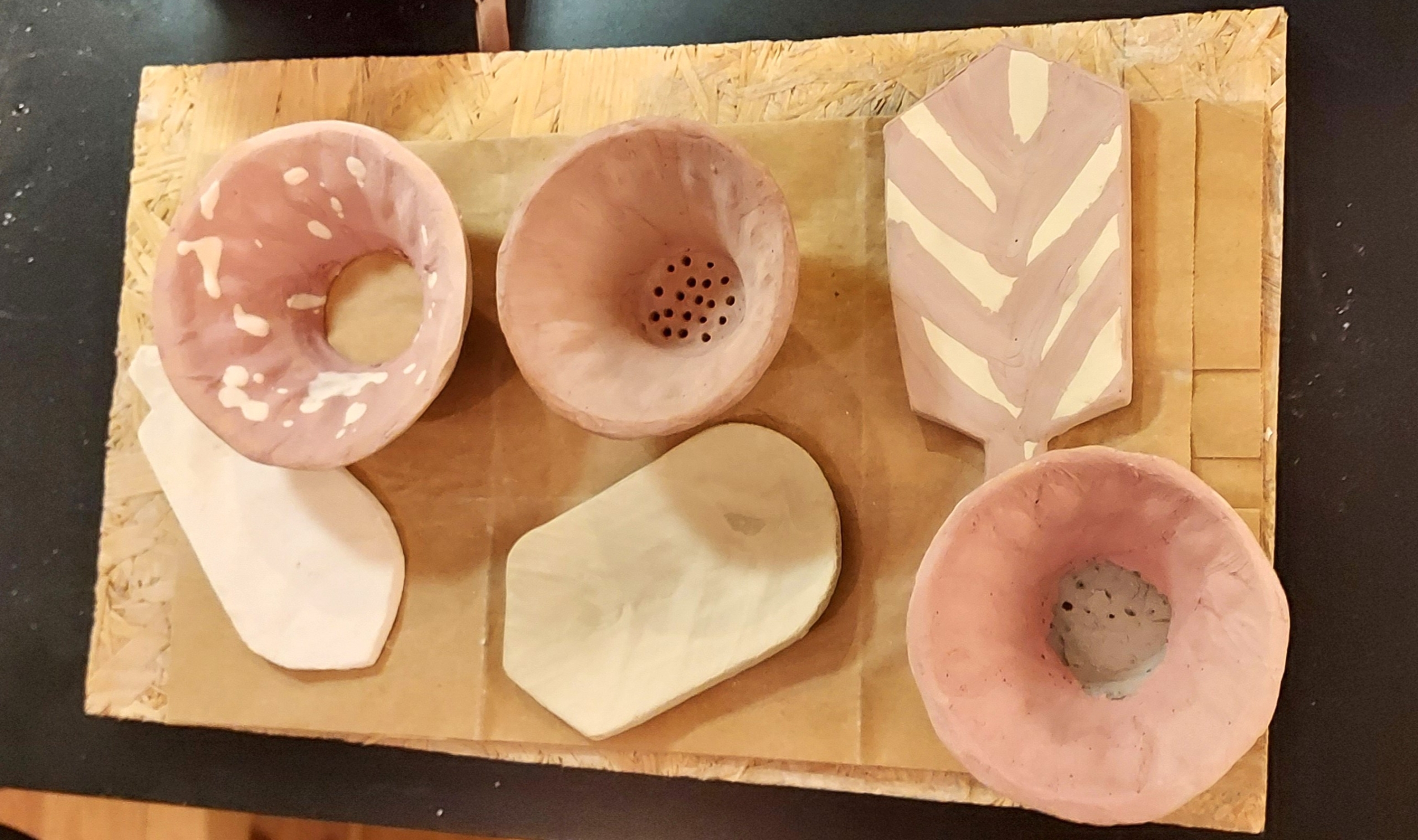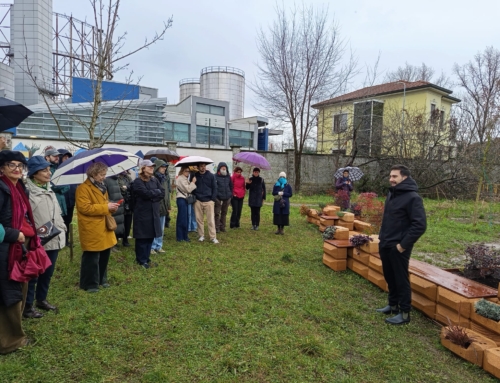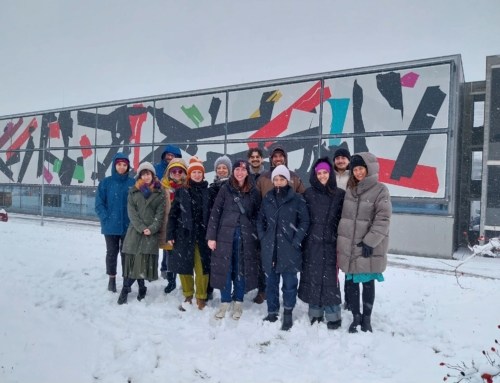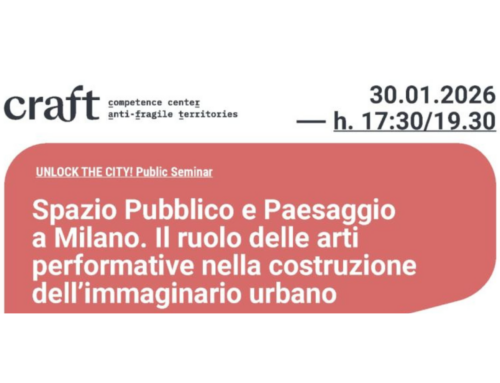On the 24th to 28th of May, the PALIMPSEST consortium and board members gathered in Łódź in Poland for the 2nd Residential Workshop! Throughout the week, partners from Politecnico di Milano, Aalborg University, Karakorum, and the PALIMPSEST Advisory Board member collaborated with Magda Stecka on developing Łódź Pilot first prototype: the set of ceramic Rain Flower prototypes—aesthetic and functional water retention modules for green urban spaces. These systems are intended to serve not only as practical water management tools but also as decorative features contributing to the visual quality of the urban environment, which seems to be important for the residents.
One of the key exchanges was the meeting with Deer Garden. Naturally, when the team shared knowledge about non-invasive, nature-based systems. Discussions focused on the materials, preparation processes, and scalability of each prototype, as well as the importance of participatory approaches in broader public communication.
A strategic meeting with Aleksandra Sztuka-Tulińska, Oliwia Wierucka, Bartosz Poniatowski the Department of Environmental Management of the City of Łódź helped explore how the Meanders and other NBS interventions could be integrated into local urban planning on a small scale, offering real improvements for selected areas of the city.
The team also met with Dr Natalia Ratajczyk, Dr Paweł Jarosiewicz, Anna Wieczorek, Konrad Budziński from the Faculty of Biology and Environmental Protection at the University of Łódź to discuss future testing of the prototypes—evaluating their impact on water retention, irrigation, and green space protection. A productive brainstorming session led to the decision to jointly plan a testing phase for the developed solutions.
Additionally, the group met again with Krzysztof Olkusz (Absolutely Touristic), a local expert and author currently working on a book about Łódź’s rivers. The visit included a tour of the “Dętka” underground canal museum, offering a rare look at the city’s subterranean infrastructure and its interconnections between river systems and stormwater dynamics.
To round out the week, project partners visited design exhibitions at the Łódź Design Festival Centre and Fuzja complex, where more than 50 displays explored themes of sustainable cities, innovation, craft, and longevity in design.
The 2nd Residential Workshop activities in Łódź were focused on collaborative design, community engagement, and nature-based experimentation as a starting point for imagining and building more resilient urban futures. Special thanks to the Łódź Design Festival team for organising and planning the Residential Workshop activities.
Stay tuned to learn more about our progress in the Łódź landscape pilot!
Published on: July 1, 2025


